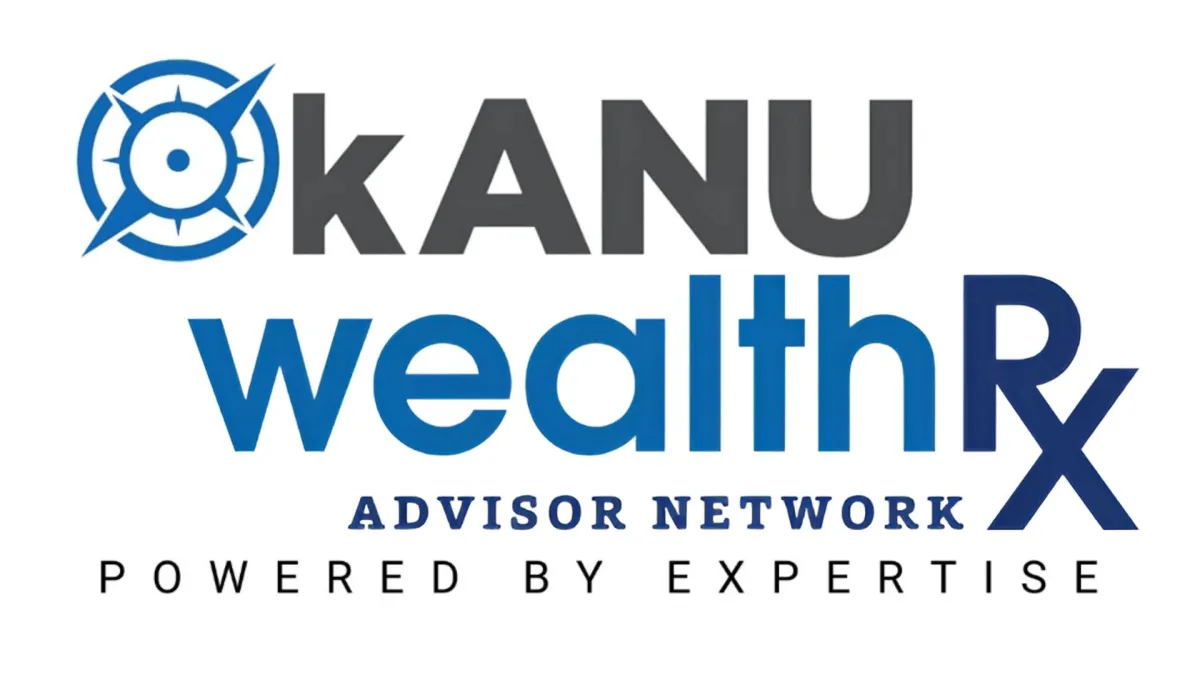
EARLY
PLANNING
IS KEY
Preparing for College
The college admissions process is Highly Competitive and becoming more so each year. To improve your odds of getting in and receiving the necessary funding to attend, you must know the workings of the admissions process, and how it goes hand-in-hand with the institution’s financial aid strategies.
Colleges are in the business of providing higher education to our nation.
The key word here is Business. Institutions have a very definite business approach when it comes to offering admission and funding to a prospective student: let’s get the student to attend and the parents to pay all they can!
For example, a college or university will typically offer admission to 3, 4, even 5 times as many students as they need. Why? They know that only a small percentage of those offered admission will actually attend. Colleges want their seats full, and will typically overbook the flight to make sure they are. It’s not good or bad – it’s simply business.
The good news is you can turn the process in your favor by understanding the inner-workings of the process.
Career Options

You may be wondering why there is so much importance placed on planning your career early in the college preparation process. You may be thinking “can’t I decide on my career later?” Absolutely. Don’t think of it as deciding on a career, but rather exploring your options.
As a high school student, you are certainly not expected to make your final career choice today; however, beginning to explore your interests, abilities, and values will certainly help you weed out those careers that do not interest you or those that may not be best suited for you.
Due to the fact that nearly all colleges specialize in specific areas of study, it is important to have a firm career path before starting your college search.
Without a pre-determined area of study, a student may be forced to change schools in order to accommodate the educational requirements of a chosen major and/or career path. This change will most likely cost the student valuable time and money.
As a student, you should invest the time and effort necessary to pinpoint the particular interests, abilities and values that will form your career choice. Remember that exploring your options now will pay off in the long run.
Improving Your Odds


Improving Your Odds
Highly attractive students are not only offered admission, they are typically offered the most lucrative funding packages to entice their attendance.
Here is a listing of what institutions typically consider when reviewing a student’s application for admission:
• Courses taken and grades earned are one of the first things a college admission officer will look at when considering your eligibility for admission.
The basic college-preparatory curriculum is made up of five (5) CORE subjects. They are English, Math, Science, Social Studies, and Foreign Language. Most colleges want to see the student take four years of the first four courses and at least two years of a foreign language. Beyond ensuring that a student has taken the CORE courses, colleges look for those who have challenged themselves academically. Advanced Placement (Honors) courses are an excellent way to demonstrate your academic strengths.
A side benefit of these courses is the potential to earn college credit that may transfer to your chosen college or university. If Advanced Placement courses are available at your high school and you are capable of taking them, it will be of great benefit for you to do so.
• Strength of your high school and its curriculum are also considered when deciding whether or not to offer you admission. An Admissions Officer may check to see how students from your school have fared at their institution in the past.
• SAT and/or ACT results are considered by nearly every college or university because they provide standardized scores from a uniform test for all students. The tests are designed to measure the student’s aptitude for college-level work by testing math and verbal skills. In theory, these tests level the playing field between students, no matter where they may have attended high school. Taking the SAT and/or ACT more than once is recommended. Your highest score is almost always the only one reported and students generally score better the second time.
• High school and community activities are also reviewed and evaluated by the Admissions Officer. The students who challenge themselves, work hard, and show leadership by participating both in high school activities and community activities are most often the more attractive candidates.
Helpful Tip – when you do join clubs and organizations, don’t just be a member, be an active participant! It is far better to be active in two or three activities than to be a member of ten or twelve activities and do nothing.
Entrance Exams
Nearly every college or university requires prospective students to submit scores from one (or both) of the most widely recognized standardized tests – the SAT (Scholastic Aptitude Test) and the ACT (American College Test). Standardized test scores help institutions better understand how a student compares with the other applicants.
The scores from these tests play an important role in a student’s potential for admission to a college or university. Good test scores make a student more attractive to a school which could result in an increase in the funding offered.
For both the SAT and the ACT, an excellent strategy for maximizing your scores is to take each test multiple times. As a general rule, a student’s score will increase with every test taken. A student can usually decide which score will ultimately be submitted with his or her admission application.
• ACT™ Assessment – College Admission and Placement Test
The ACT Assessment tests are used and accepted by virtually all colleges and universities in the United States to help determine a student’s eligibility for admission. The questions on the ACT are curriculum-based. This means that they are directly related to what the student has learned in his or her high school core courses. The following subjects are covered in the tests:
English
Reading
Mathematics
Science Reasoning

Colleges and universities not only use ACT scores to determine eligibility for admission but also for placement in applicable freshman year courses.
It is important to note that many private sector scholarship sponsors also require ACT test scores. Students may take the ACT Assessment more than once.
Many students take the test as a junior and then again as a senior. Remember that most students improve their scores with each successive test.
ACT™ Assessment – Score Reports
Results of the ACT tests are normally mailed to the student about three weeks after the test date. In order to keep all scores confidential, they are not given out to anyone by fax, telephone, or email.
Click below for more information on the ACT.
SAT® Reasoning Test
Score reports are mailed directly to the student approximately three weeks after the original test date. If you requested that your scores be sent to colleges and/or scholarship sponsors, a report will also be sent to them within three weeks after you have taken the test. If you have not received your test score report within eight weeks from the original test date, contact SAT and check the status of your results.
Click Below for more information on the SAT.
SAT® Score Reports
Score reports are mailed directly to the student approximately three weeks after the original test date. If you requested that your scores be sent to colleges and/or scholarship sponsors, a report will also be sent to them within three weeks after you have taken the test. If you have not received your test score report within eight weeks from the original test date, contact SAT and check the status of your results.
Click Below for more information on the SAT.
Preliminary SAT®/National Merit Scholarship Qualifying Test
The PSAT/NMSQT is a program co-sponsored by the College Board and National Merit Scholarship Corporation (NMSC). The PSAT is a preparatory test for the SAT and should be taken in the student’s high school sophomore or junior year. The PSAT not only serves as a wonderful warm-up for the SAT, but it also helps determine your eligibility for a National Merit Scholarship.
High school freshmen, sophomores, and juniors are eligible for the PSAT, which may be taken more than once. Only juniors (grade 11) qualify for entry in the National Merit® Scholarship Program.
BENEFITS OF COLLEGE FUNDING SOLUTIONS

”Talk to us... Expertise Matters”
Contact us now and Take Advantage of our Free 2nd opinion and Financial Gap Analysis.
Copyright 2025. kANU Asset Management. All Rights Reserved.




